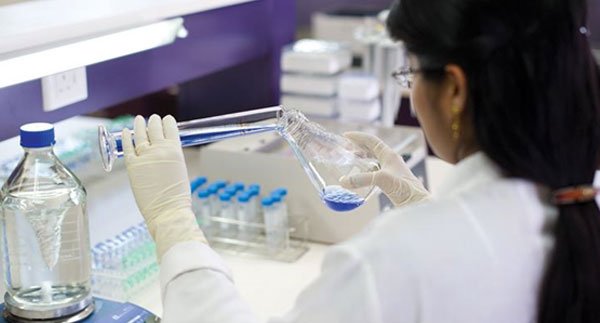Serology is the scientific study of blood serum and other body fluids, and serology departments in laboratories focus on identifying antibodies in the serum. Antibodies are proteins white blood cells produce in response to foreign substances, or antigens, in the body. Serology tests can be used to diagnose a variety of diseases by detecting and measuring antibody levels in the blood:
Exposure to bacteria or viruses
Department of serology

When exposed to antigens, the body produces antibodies to fight the organism. Serology tests can detect the presence of these antibodies to determine if a person has been exposed to a virus or other infectious agent.
Autoimmune diseases
Antibodies can also be produced in response to the body’s own proteins, which can occur in autoimmune diseases.
Mismatched blood transfusions
